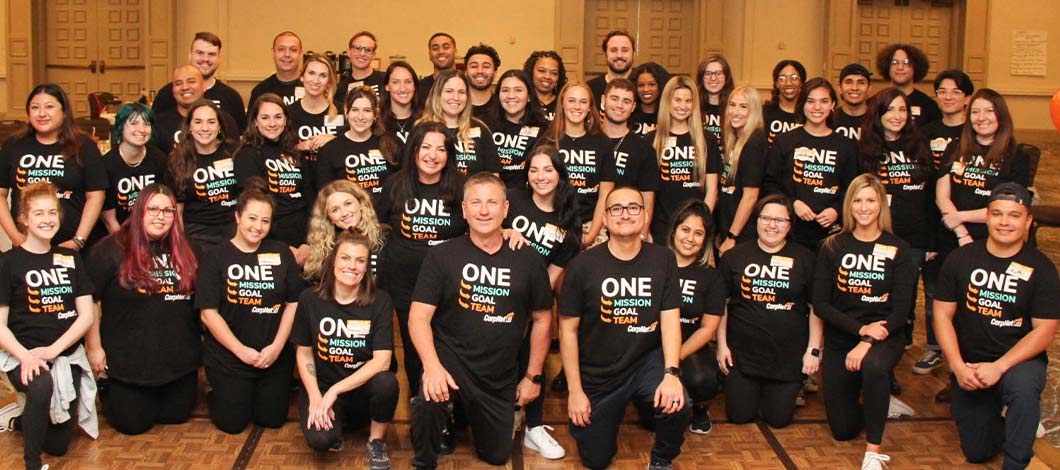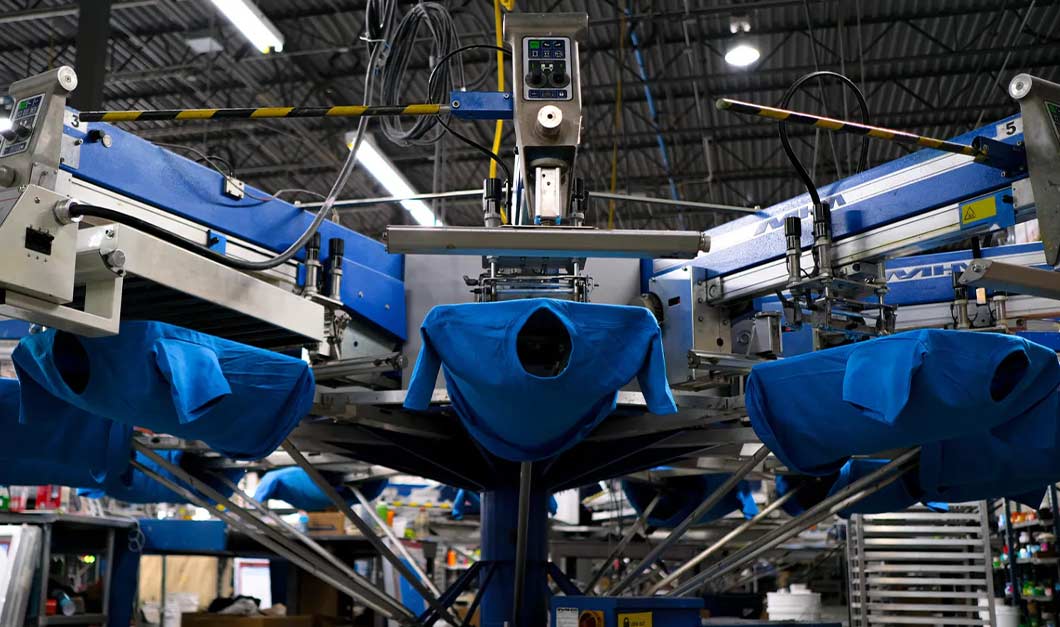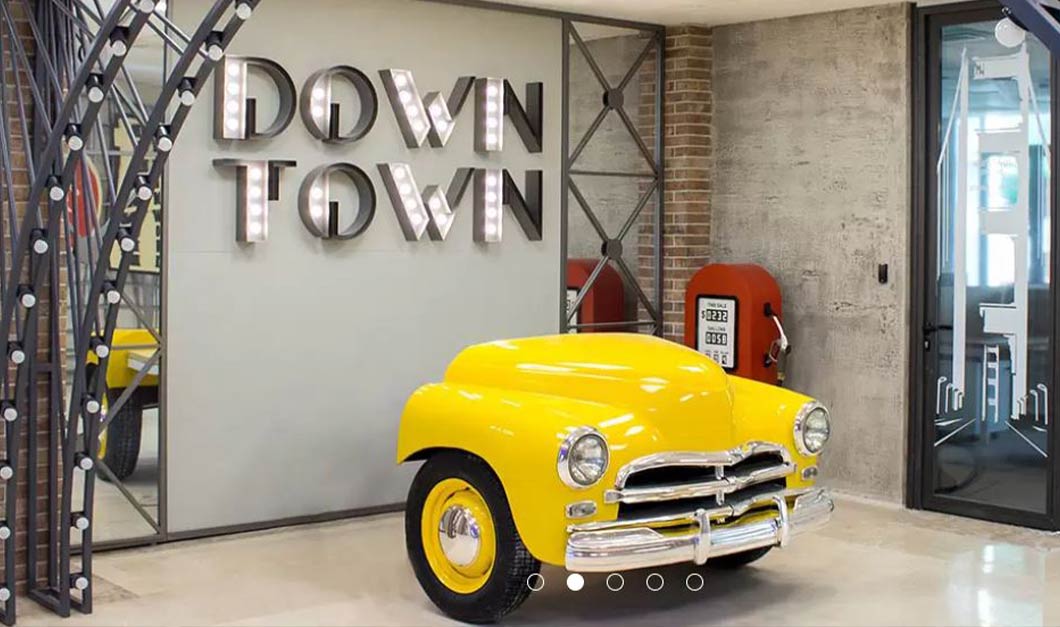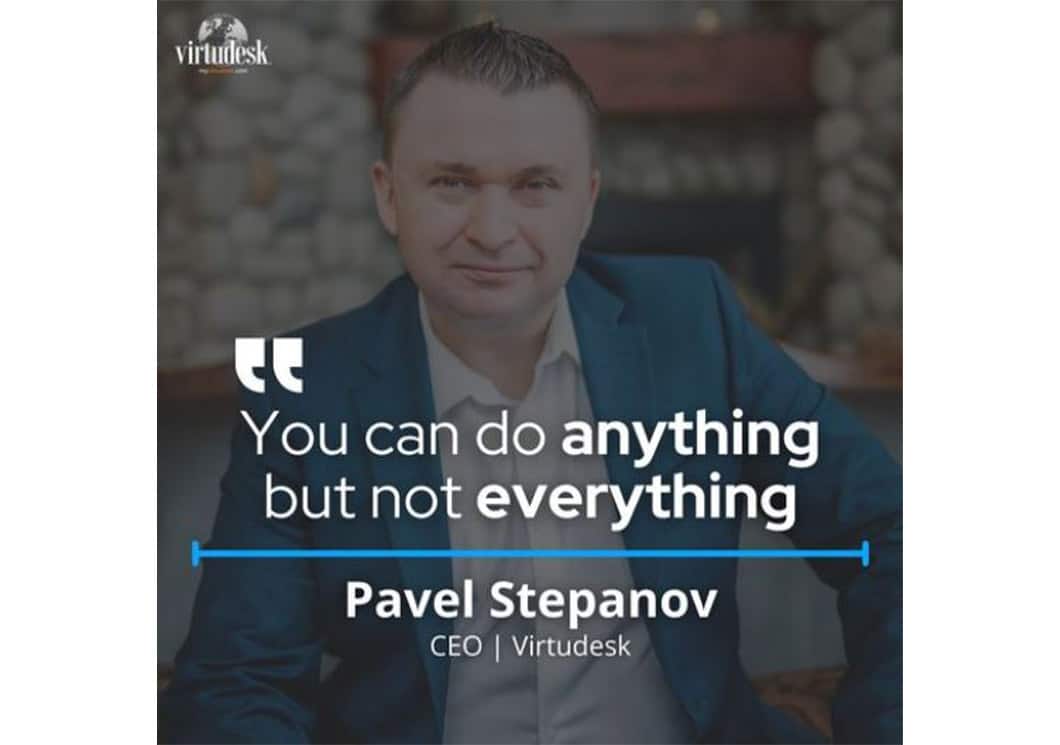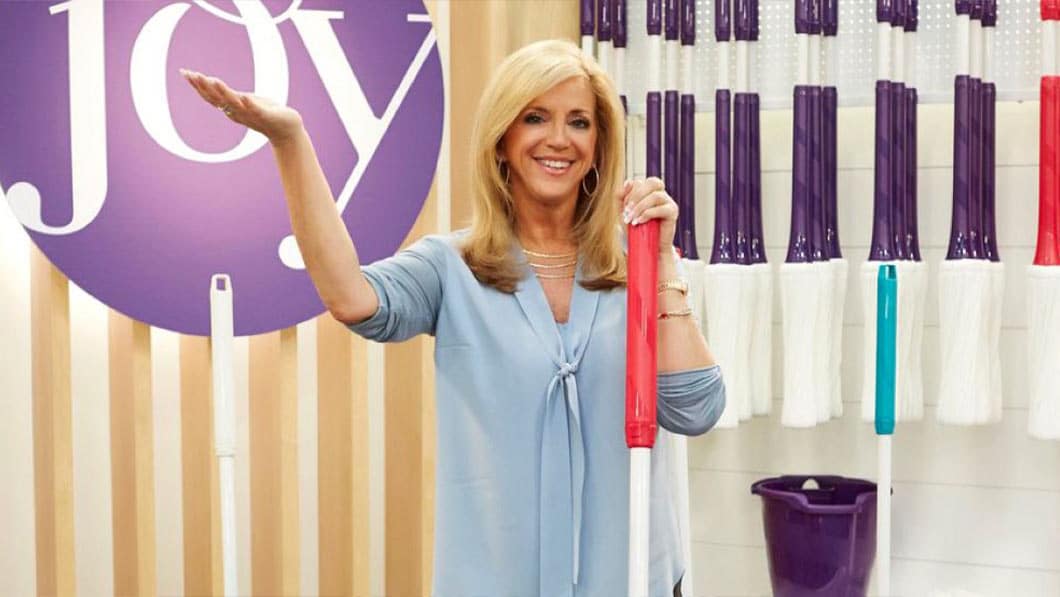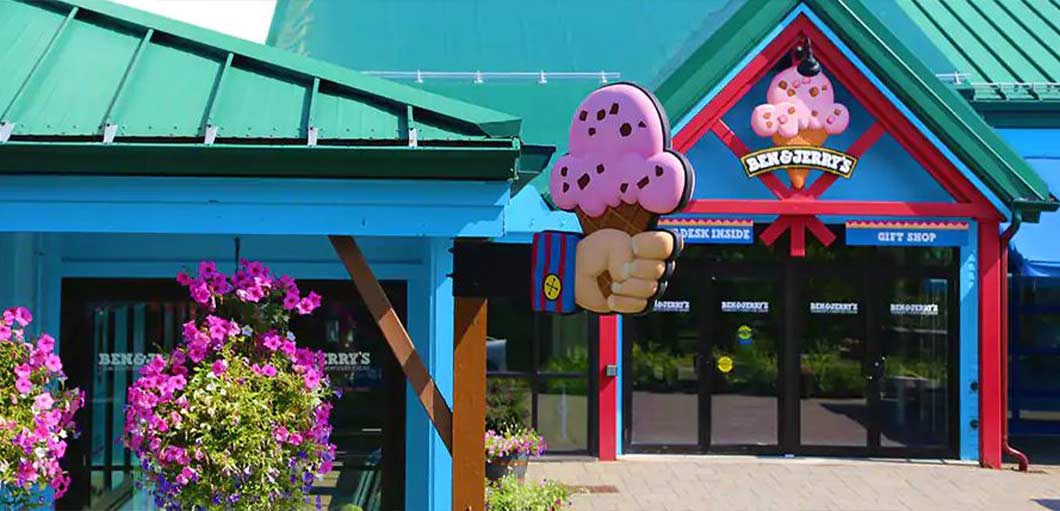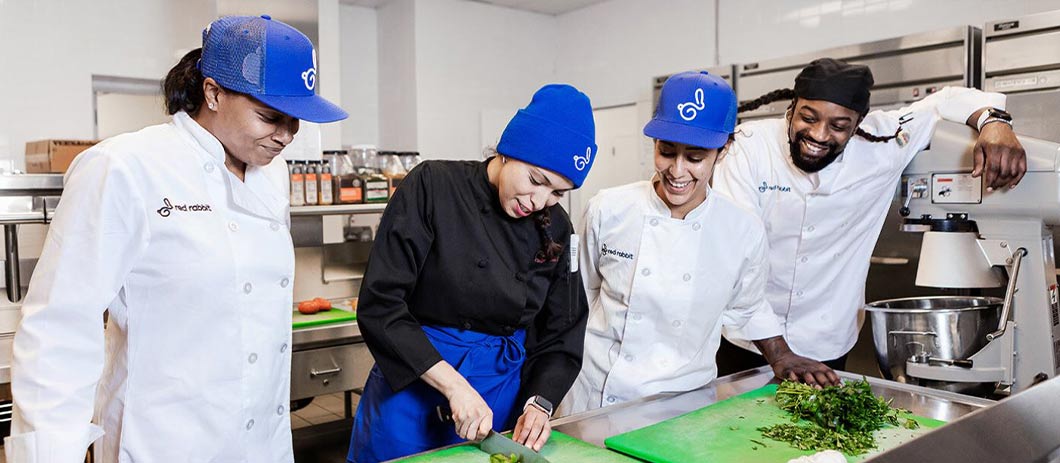Many business success stories don’t follow the conventional narrative. The road to entrepreneurial fame and fortune is often paved with headaches, hang-ups and setbacks.
A large part of what makes a business successful is the owner’s capacity to persevere in the face of adversity. At times, it might even require fearlessly walking down a road less traveled.
Our List of the Most Amazing Business Success Stories
Take a look at the following small business success story examples, from famous millionaires with humble beginnings to local small business owners making a name for themselves. In each case, determination and willpower helped these entrepreneurs take an idea and convert it into a profitable venture. See what you can learn from their experiences to take your own brand to new heights.
1. CorpNet, Phil and Nellie Akalp
CorpNet offers business filing, registered agent and business compliance services. This self-funded enterprise was founded in 2009 by experienced entrepreneurs Phil and Nellie Akalp, who sold their previous company, which they started with $100, to Intuit for $20 million.
Launched during the height of the last recession and amid recognized industry competitors, such as LegalZoom, the husband-and-wife team found success again. In the last few years, their latest venture, CorpNet, has gone from 12 employees to more than 100 and experienced a 200% growth in 2021 alone. The company was also named on 2021’s Inc. 5000 list, noted as having 120% 3-year growth.
2. Rush Order Tees, Michael Nemeroff
Michael Nemeroff, CEO and co-founder of Rush Order Tees, shares that he and his siblings started the t-shirt design and screen printing business out of their garage when they were still at school. At the time, selling online was a novelty, but the company created an ecommerce store and began growing the business on the web.
Over the years, they’ve doubled their marketing efforts, hired specialists and shifted all operations in-house. They’ve even acquired and merged with other companies to have their own production and design teams.
The company has gone from 3 additional employees to more than 250 workers and has expanded to offer polo shirts, hoodies, hats, sweatpants, bags, uniforms and jerseys. Additionally, what once generated $30,000 a month is now a $90-million-dollar company. The Philadelphia-based business is also an official partner of the city’s NBA team, the 76ers.
On a personal note, Nemeroff shares that through the profits from Rush Order Tees, he and his siblings were able to help save their family home when their parents were experiencing financial hardships.
3. Front Signs, Gevorg Hambardzumyan
In 2008, 4 friends pooled their funds to start Front Signs in their home country of Armenia. After gaining success there, they opened a small print shop in Los Angeles in 2016 with the goal of expanding their business in the U.S.
They did just that. Today, the company’s portfolio is wide-reaching, with some of the most popular collaborations in such industries as health and wellness, food service, entertainment, real estate and interior design.
Presently, Front Signs earns $800,000 in monthly revenue and operates nationwide, recently relocating to a larger, more advanced facility with state-of-the-art machinery. Additionally, the team, of which the 4 founding members are still a part, has expanded to 2 companies, multiple departments and more than 40 employees, many of whom have been with the Front Signs since the beginning.
CEO Gevorg Hambardzumyan notes, “To this day, we continue to expand our products and services while staying at the forefront of trends. We’re confident that we’ll continue to improve thanks to our values, relentless work ethic and dedicated collective of designers, sign-makers, marketers, developers, suppliers and beyond.”
4. BeeFree, Jennifer Wiese
Jennifer Wiese, founder and CEO of BeeFree, started the company after her eldest son was diagnosed with autism in 2008. Trying to find tasty gluten-free, dairy-free foods to help his overall well-being turned out to be a challenge. This led her and her mother to start creating their own delicious gluten-free snacks based on family recipes.
More than a decade later, BeeFree has become a multimillion-dollar company, with products available in thousands of stores nationwide, such as Whole Foods, The Fresh Market, Target and Kroger. What’s more, her company’s success has allowed Wiese to create jobs for adults with autism.
5. Virtudesk, Pavel Stepanov
Stepanov initially started Virtudesk as a side business in 2016. After hiring his own first virtual assistant for his real estate company and nearly tripling his earnings, Pavel knew his business concept could help other entrepreneurs.
Over the years, the company has been able to help thousands of business owners grow their businesses with the virtual assistant model.
Today, Virtudesk earned a spot on the Inc. 5000 list, among other recognitions, achieving 454% growth in the last 3 years, with 162.53% growth in 2021 alone. The company has also earned accreditation with the Better Business Bureau, where it has an A+ rating.
Virtudesk itself is almost entirely run by virtual assistants, which is why Stepanov believes the company has grown so fast. “Virtual assistants offer businesses big cost savings, allowing owners to reinvest those savings back into the business to grow it,” notes Stepanov.
6. Ingenious Designs, Joy Mangano
Maybe you’ve seen Joy Mangano’s motivational business story on the big screen. After all, her life inspired the 2015 film “Joy,” not to mention she left her mark on the Home Shopping Network and QVC.
Mangano’s creative inventions began when she was a teen, though her first hit was the best-seller Miracle Mop, which she developed more than a decade after earning a bachelor’s degree in business. She invested her life savings to develop the prototype, working out of her father’s auto body shop.
In her first year, Mangano sold several thousand mops. Then she took to the television shopping network QVC. While the first airing of her product didn’t go well, she convinced the network to let her appear on the next show. That turned out to be a wild success, and more than 18,000 mops sold during her slot.
Today, she holds more than 100 patents. She sold her company, Ingenious Designs, to the Home Shopping Network in 1999. Mangano is reported to have a net worth of $50 million.
7. Ben & Jerry’s, Ben Cohen and Jerry Greenfield
A $5 correspondence course from Penn State University, a mutual love of a classic frozen dessert and a childhood bond led to the makings of a worldwide ice cream empire. In 1978, Cohen and Greenfield borrowed $4,000, and with a total of $12,000 to invest, they opened their first ice cream shop in Vermont.
Things began to take off. These days, Ben & Jerry’s is known for its commitment to fair trade and fully sourced nongenetically modified products. They’re also committed to giving back to the community and their employees, who get to take home 3 pints of ice cream a day. In 2021, the company generated more than $936 million in the U.S., according to Statista.
8. Gooroo, Scott Lee
In 2015, Scott Lee founded Gooroo, an artificial intelligence-powered learning platform and tutoring hub that uses cutting-edge technology to personalize learning experiences. In only a few years, Lee has employed data-driven AI insights to drive innovation in the online learning space.
Gooroo isn’t Lee’s first foray into business ownership, however. Before founding Gooroo, Lee created a Korean tutoring company, served in the Korean military, started a clothing company, worked briefly in the U.S. financial sector and advised the organizers of the 2018 Olympic Games.
9. Zoom, Eric Yuan
When Eric Yuan founded the audio-visual cloud conferencing platform Zoom in 2011, he envisioned a way for long-distance partners and team members to stay in touch.
Yuan first arrived in the U.S. after immigrating from China on his ninth attempt. When less-determined entrepreneurs would have given up, Yuan kept applying for new work visas to keep the dream alive. After several years of applying, he was finally approved and quickly rose to the rank of vice president of engineering at Cisco.
Shortly after, he founded Zoom, which this year has a first-quarter total revenue of more than $1 million, up 12% from last year.
Knowing how to run a successful business is one thing, but knowing how to rise above seemingly impossible odds is a whole other skill.
10. Red Rabbit, Rhys Powell
Rhys Powell, a former Wall Street trader, started Red Rabbit in 2005. Initially, the company plan was to offer an online platform where New York City parents who wanted healthy meals for their kids at school could place an order.
However, the company shifted its focus to cater to local daycares, pre-kindergarten, charter schools, public schools, private schools, camps and after-school programs.
Of his company, Powell says, “We celebrate food from all cultures in the lunchroom, especially Black American and Brown American cultures. We aspire to give children a vision of themselves that is both healthy and aligned with their heritage, thereby invalidating society’s arbitrary boundaries of who is allowed to be healthy.”
Today, Red Rabbit delivers thousands of fresh meals daily. The company also strives to promote sustainability as well as offer community education about healthy eating and wellness.
How to Become a Business Success Story
A million successful business tips and corporate success stories won’t translate into material wealth unless you’re willing to put in the work. Creativity, consistency and determination are aspects of character and mind that are cultivated through real-life entrepreneurial experience, not osmosis.
Knowing what makes a successful business is not the same as knowing how to build a successful business. From applying for small business loans and grants to securing working capital in the early stages of your startup, countless aspects of entrepreneurship make the difference between a dud and a stud in the market.
It’s critical you know how to do the following:
- Keep financial records
- Analyze your competitive advantage
- Generate new ideas
- Stick to a long-term vision
- Make sacrifices
- Be consistent
Plenty of guides available to teach you how to become a successful entrepreneur, but few are willing to tell you about the intangible requirements. Cultivating soft skills, such as persistence, combined with hard skills, such as market research and analysis, can make the difference between a failed startup and a booming enterprise.
Need a loan to build your business success story?
Common Traits of Successful Small Business Owners
A common theme of having a successful business seems to involve doing the legwork and quickly learning and adapting to the ebb and flow of entrepreneurial life.
While you need to be motivated, most successful entrepreneurs will tell you that strength of character is the true test every aspiring business owner must eventually answer.
Let the success of these entrepreneurs (and once small business owners) inspire and motivate you to succeed.



